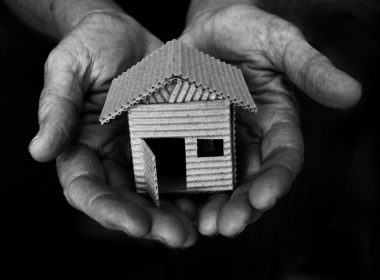By Susan Reid and Malcolm Cameron -
Snapshot
- A transaction in which an executor acquires property from the estate is high in risk.
- Solicitors acting for executors need to understand the rule against self-dealing.
- One solicitor is unlikely to be enough for the transaction to stand.
The family home is the main asset which most people leave when they die. Across much of New South Wales, the family home is an asset of considerable value – enough to ensure that any dealings with it in the context of a deceased estate are given careful attention.
A fairly common situation might look like this:
- an elderly mother and father pass away, leaving an estate which includes an unencumbered suburban home;
- almost all of the residuary estate is left to the three adult children (who are also the executors), with small fractional interests to more distant relatives;
- quite apart from its financial worth, the family home has sentimental value to the family;
- one of the adult children has the means and the desire to buy the property from the estate;
- the two other children agree to have the estate sell the property to their sibling;
- arms’ length valuations are obtained and the property is sold to one of the three adult children for a price based on the valuation evidence.
What appears to be a simple matter, with the home remaining in the family, in fact carries the seeds of trouble for any solicitor involved in advising the executors.




